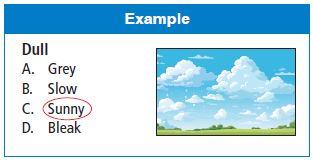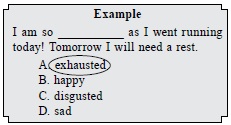Post Your Answer
Post Your Answer
Post Your Answer
Post Your Answer
Post Your Answer
Ans 1:
Class : Class 4
Tobogganing is the movement of sliding down on their bellies. Please give the correct answer.


